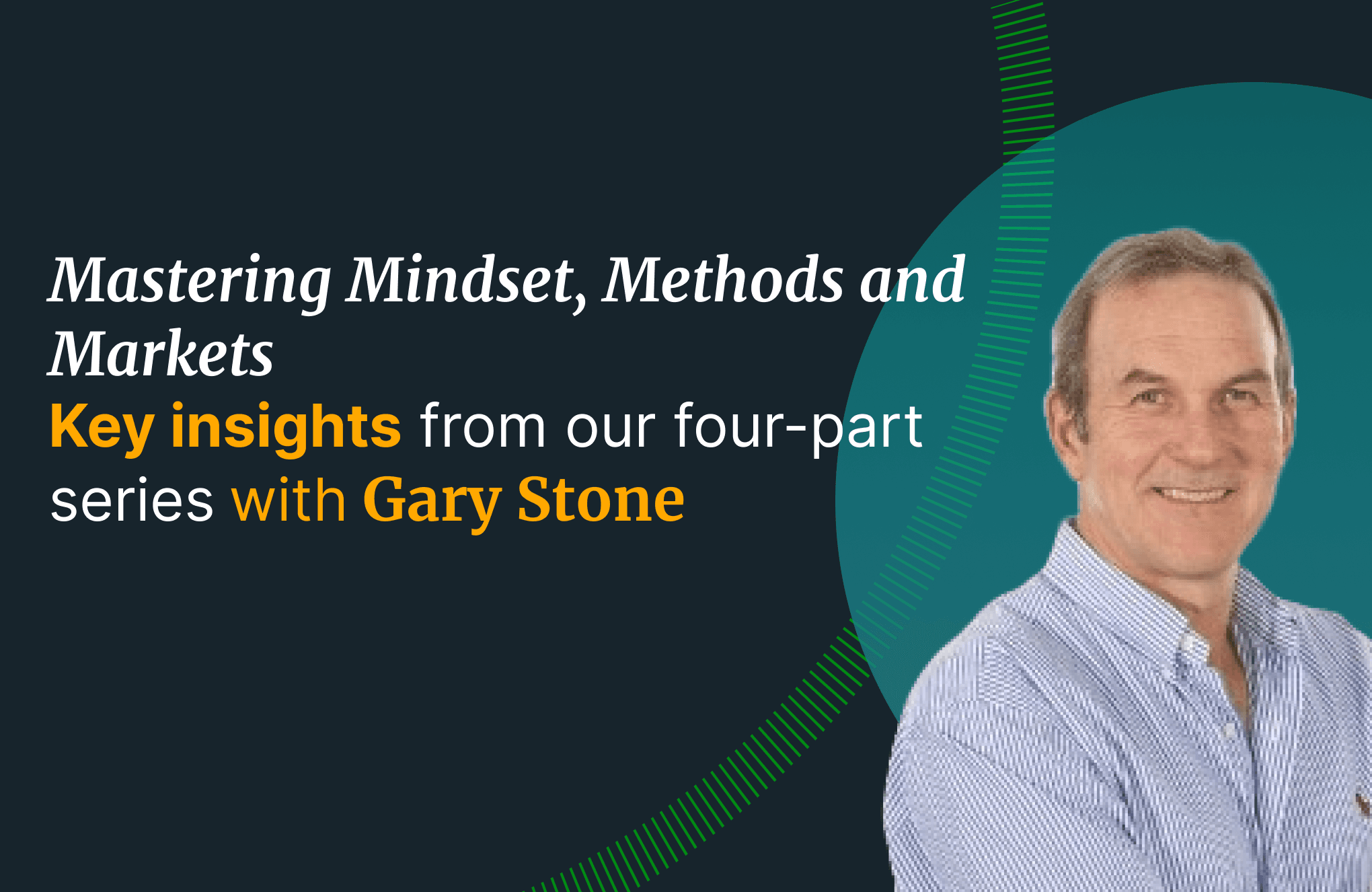5 top investing books
Owen Rask
Investing books: why 5 isn’t enough!
Please know that I found it bloody hard to choose just 5 investing books. And these investing books are only for direct stock investors – if you wanted my best personal finance books, or best ‘overall’ investing books, I’d probably have a slightly different list.
I’ve made my investing book list go from beginner level (#1) through to advanced (#5), and have an elevator pitch for each one. Reading the right book at the right time is critical to getting the most from it.
#1 – One Up on Wall Street – Beginner level

My number-one investing book for beginners is Peter Lynch’s One Up on Wall Street.
If your educational story is anything like mine, chances are, the first investing books that get recommended are The Intelligent Investor or Security Analysis. I’ve read these books, authored by the ‘father’ of value investing – Ben Graham. However, these books are extremely difficult to digest for beginners, so wait a couple of years.
Peter Lynch’s book might not be the ‘most sophisticated’ but it’s not designed to be. One Up On Wall Street will teach you how to spot great companies at the supermarket checkout or in your everyday life, and why you have a big advantage over the ‘suits’ on Wall Street.
#2 – The Little Book That Beats The Market (aka the Magic Formula) – 1-2 years into your investing journey

In this book, author and investor Joel Greenblatt does a fantastic job at helping you start thinking about creating an investment strategy.
The book talks about how and why filtering companies for only those with high returns on capital (ROIC) and low valuations (he used EBIT/enterprise value) will make you a better investor. Under the rules of this strategy, you would buy a basket of these ‘cheap but good’ companies and hold them for 1+ years.
Note: unlike the book might seem to suggest, the “magic” formula isn’t a perfect strategy — it won’t work in all markets or all of the time. The Magic Formula Investing website says as much. However, it can be a great first attempt at developing your own repeatable investing strategy.
#3 – The Outsiders – 2-3 years into your investing journey

In The Outsiders investing book, author William Thorndike does a tremendous job of profiling 8 of the most successful (and unconventional) CEOs of all time, including the likes of Warren Buffett.
The book will show you how some of the best CEOs unlock and create value for shareholders, what separates a good CEO from the rest, and introduces you to a deeper level of understanding of fundamental value investing. It will make you a better investor and a better analyst.
#4 – Warren Buffett’s letters – 2-50+ years into your investing journey

You can invest in a copy of Warren Buffett’s shareholders letters via a physical book (I did this for the 50th anniversary) or you can get them online for free via the Berkshire Hathaway website.
The letters are a truly incredible look into the mind of the world’s greatest investor of all time, Warren Buffett. However, by extension, it also touches on the wisdom of Charlie Munger (although there’s really no supplement to Munger’s wisdom at annual meetings or via his irregular speeches).
I probably wouldn’t try to read all of Buffett’s letters at once but rather set yourself a goal of 1 – 2 per week, with notes in the margin. As the years go on, the letters become more extensive. Most recently, Yahoo!Finance began live-streaming Berkshire’s annual Q&A sessions — which are arguably a richer source of learning than the letters. So maybe give them a try before you ‘buy’ the letters.
#5 – Investing: The Last Liberal Art – 3-5+ years into your investing journey

Robert Hagstrom’s book is a tremendous ‘outside in’ look at investing, the world and markets.
In this book Hagstrom makes the case for a ‘higher level’ of knowledge that can only be attained and harnessed through a multi-disciplinary approach to the world of business. That is, learning ‘around’ one’s speciality is arguably far more powerful than learning everything within one silo. Things like physics, sociology, psychology and so on are all part of understanding the world of business, yet few authors have been able to roll the key insights from each discipline into such a concise overview.
Indeed I think Hagstrom’s book is a wonderful foray into this topic, popularised by Charlie Munger, the investing partner of Warren Buffett. As a bonus, Hagstrom includes a reading list for us to begin our journey towards worldly wisdom.
Best investing books summary

There are so many investing books I could have added to various ‘levels’ in my investing book list. Above, I’ve show the covers of a few extras. If you’re interested in growth investing, the Gorila Game and 100 Baggers are my absolute “must read” books. Meanwhile, for getting more from your mind, learning about business, and markets in general, Poor Charlie’s Almanack, Robert Cialdini’s Influence, and Kahneman’s Thinking, Fast and Slow; are absolute no-brainers. For a technical look at value investing, the book Value Investing or Seth Klarman’s Margin of Safety (not shown) are superb.
Happy investing!
Owen Raszkiewicz is the Founder of Rask, and host of Selfwealth Live. You can follow him on Twitter.
Important disclaimer: SelfWealth Pty Ltd ABN 52 154 324 428 (“Selfwealth”) (AFSL 421789). The information contained on this website is general in nature and does not take into account your personal situation. You should consider whether the information is appropriate to your needs, and where appropriate, seek professional advice from a financial adviser and/or accountant. Taxation, legal and other matters referred to on this website are of a general nature only and should not be relied upon in place of appropriate professional advice. You should obtain the relevant Product Disclosure Statement for any product mentioned and consider its contents before making any decision.





